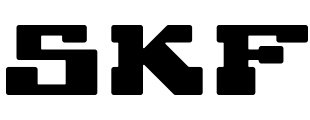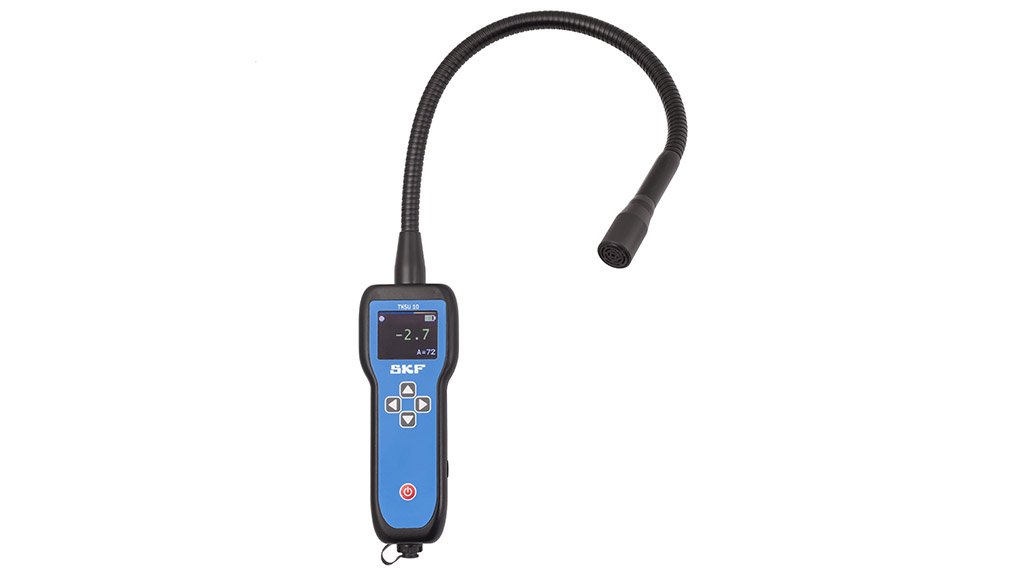

Identifying air leaks reduces electricity consumption
Compressed air production is seen as integral for manufacturing plants but can also be one of the largest energy consumers. Air leaks amplify the load on a compressor, which can lead to higher electricity consumption and up to 30% loss of total compressed air production capacity.
SKF’s TKSU 10 ultrasonic leak detector is designed to be able to quickly and accurately identify leaks in compressed air and vacuum systems, with the aim of delivering substantial savings for end-users by reducing inspection time and minimising energy costs.
The device is said to be suited for all industries using compressed air and is particularly recommended for paper and chemical industries as well as workshops with air-driven power tools.
The device’s ultrasound measurement sensor allows for the identification of leaks in pneumatic brake systems, vacuum systems, pressurised gas storage, steam traps and other systems, even from a distance and in noisy industrial environments, and the flexible probe allows users to find leaks in hard-to-reach-areas.
The TKSU 10 features a built-in colour organic light emitting diode display that shows the measured ultrasound noise from leaking air, enabling leaks to be quantified and repairs prioritised. Sensitivity settings can also be adjusted on the display. The device is designed to operate efficiently in harsh conditions, including extreme temperatures ranging from –10 °C to 50 °C.
SKF explains that its ultrasonic leak detector works like a microphone but is only sensitive to high frequency ultrasound, not audible to the human ear. This sound is then translated into an audible sound or frequency through a passive industrial noise reduction headset worn by the operator. The industrial headset features a volume setting as well as independently adjustable sensor sensitivity. The neck-band design enables the operator to wear the headset while wearing a protective helmet. The hand-held instrument is designed to be lightweight and user-friendly, requiring no operator training.




